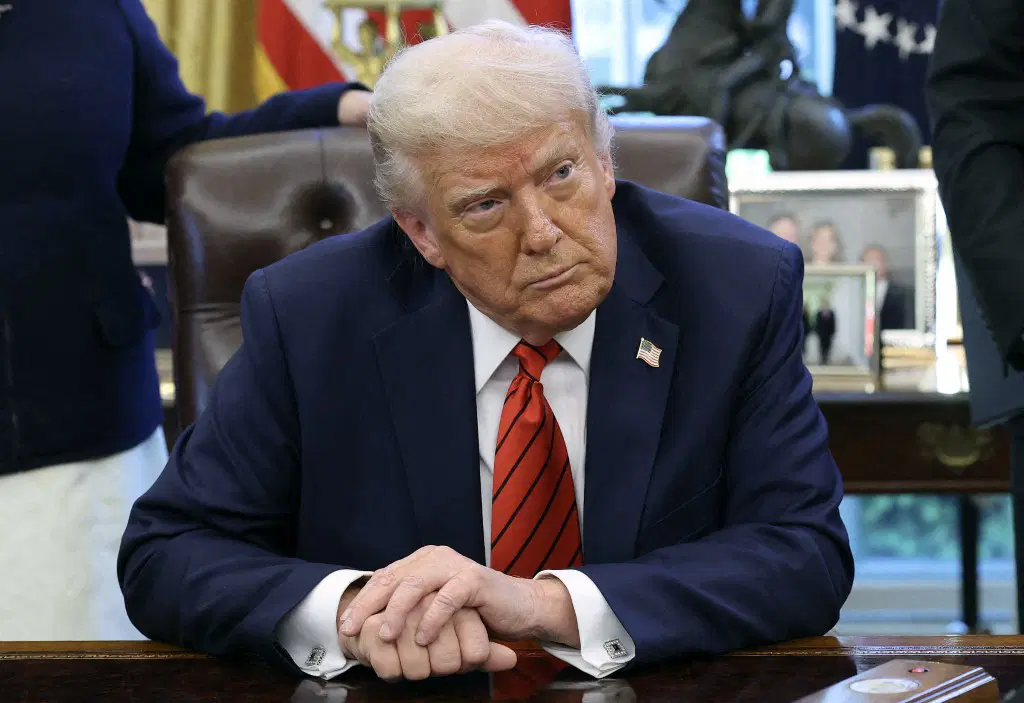A federal court in Manhattan has ruled against the Trump administration’s attempt to impose sweeping tariffs on a wide range of imported goods, declaring that the United States government lacked the legal authority to unilaterally enforce such measures, BBC reported on Wednesday.
The ruling blocks tariffs aimed at nearly every major trading partner, including China, Mexico, and Canada.
These levies were introduced by the Trump administration as part of its strategy to curb the flow of illegal drugs and undocumented migrants into the United States.
According to the court, the US Constitution grants Congress, not the president, the sole authority to regulate international commerce.
The panel of judges found that the administration’s use of the 1977 International Emergency Economic Powers Act to justify the tariffs did not hold legal merit.
The lawsuit was brought by the Liberty Justice Center on behalf of small businesses affected by the tariffs. Several US states also joined the challenge, arguing the policy amounted to an unconstitutional tax increase that threatened economic stability.
New York Attorney General Letitia James praised the decision, stating that “no president has the power to single-handedly raise taxes whenever they like.” She warned that the tariffs could have led to higher inflation, job losses, and harm to businesses of all sizes.
The White House condemned the ruling. Deputy Press Secretary Kush Desai defended the tariffs, asserting that “it is not for unelected judges to decide how to properly address a national emergency,” and reaffirmed President Trump’s commitment to putting “America First.”
While the court’s decision did not cover tariffs imposed under different legal frameworks such as those affecting cars, steel, and aluminum, it did instruct the administration to suspend the broader levies. Officials now have ten days to begin winding down the tariffs.
Trump’s legal team has already signaled an intent to appeal, leaving the case likely to proceed to higher courts. Analysts suggest that a more favourable outcome for the administration could still emerge at the appellate level.
In the meantime, tariffs at US borders remain in effect, though most are currently suspended. If the ruling is upheld, businesses that pay the tariffs may be eligible for refunds, including interest.
Financial markets reacted positively to the ruling. Stock indices across Asia rose sharply, US futures climbed, and the dollar strengthened against traditionally safe-haven currencies such as the yen and the Swiss franc.




